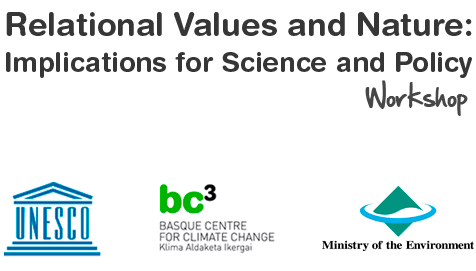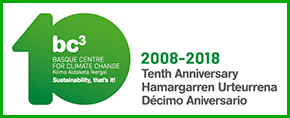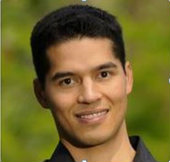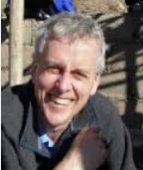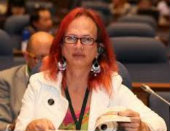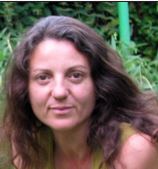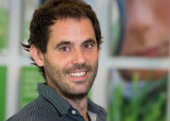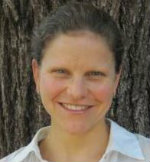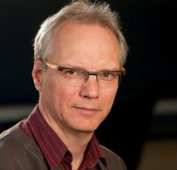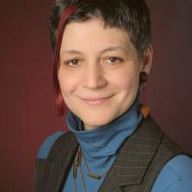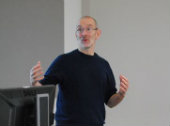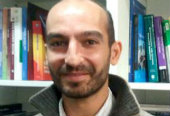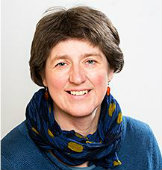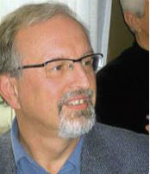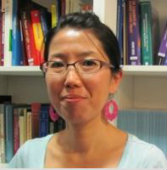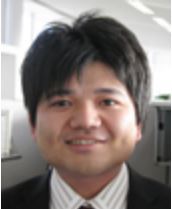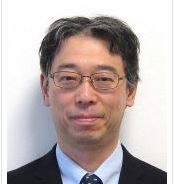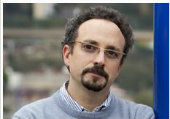
Unai Pascual (BC3, Basque Centre for Climate Change) / Workshop Coordinator
http://www.bc3research.org/en/unai_pascual.html
Prof. Unai Pascual is Ikerbasque Research Professor at the Basque Centre for Climate Change (BC3) and Senior Lecturer at the University of Cambridge (since 2003). Unai Pascual an ecological economist with 20 year experience bridging the social and natural sciences for understanding complex social-ecological systems.
He is member of the Multidisciplinary Expert Panel of the United Nations’ Intergovernmental Science-Policy Platform on Biodiversity and Ecosystem Services, IPBES.
His main research focuses on the interconnectedness between global environmental change and economic development paying special attention to the evolutionary role of institutions, markets and environmental governance across scales. He has conducted research projects in many countries around the world, including Europe, the USA and in developing countries such as Mexico, Peru, Bolivia, Colombia, India, Ethiopia and Malawi.
He has an active role as advisor to international environmental policy bodies, including the European Commission, the United Nations Environmental Program (UNEP), and the UN Food and Agricultural Organization (UN-FAO). Currently, he is an elected member to the Multidisciplinary Expert Panel of the Intergovernmental Platform on Biodiversity & Ecosystem Services (IPBES) and member of the scientific committee of ecoSERVICES within Future Earth. In the recent past, he has been a member of the agroBIODIVERSITY scientific committee of Diversitas International, and twice elected to the European Board of the European Society of Ecological Economists (ESEE).
He has been a Coordinating Lead Author for the Ecosystem Services and Biodiversity (TEEB) initiative and has also been involved in the Millennium Assessment exercises in the UK (UKNEA) and Japan.
Prof. Unai Pascual’s work appears in more than 150 research outputs including books, conference proceedings, etc. as well as peer reviewed journal articles including in Science, PNAS, Ecological Economics, Environment and Development Economics, Global Environmental Change, AMBIO, Environmental Science and Policy, Land Economics, Land Use Policy, Environmental Conservation, Conservation Biology, World Development, etc. He also serves in various editorial boards, including Global Environmental Change and Environment and Development Economics.
Prof. Pascual has worked as lecturer and senior lecturer in various universities in Europe (Cambridge, Manchester, York, Barcelona, Bilbao) and Latin America (Argentina, Dominican Republic, Mexico, Colombia) and visited universities in the USA and Mexico.
Contact email: unai.pascual@bc3research.org
